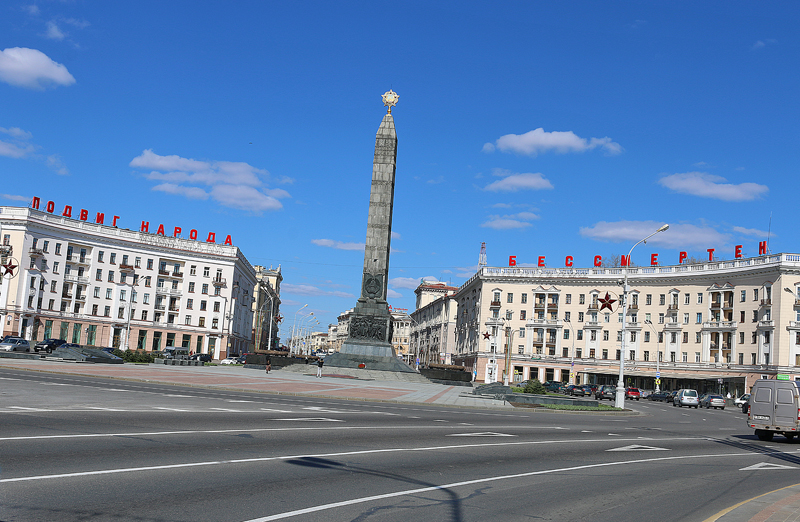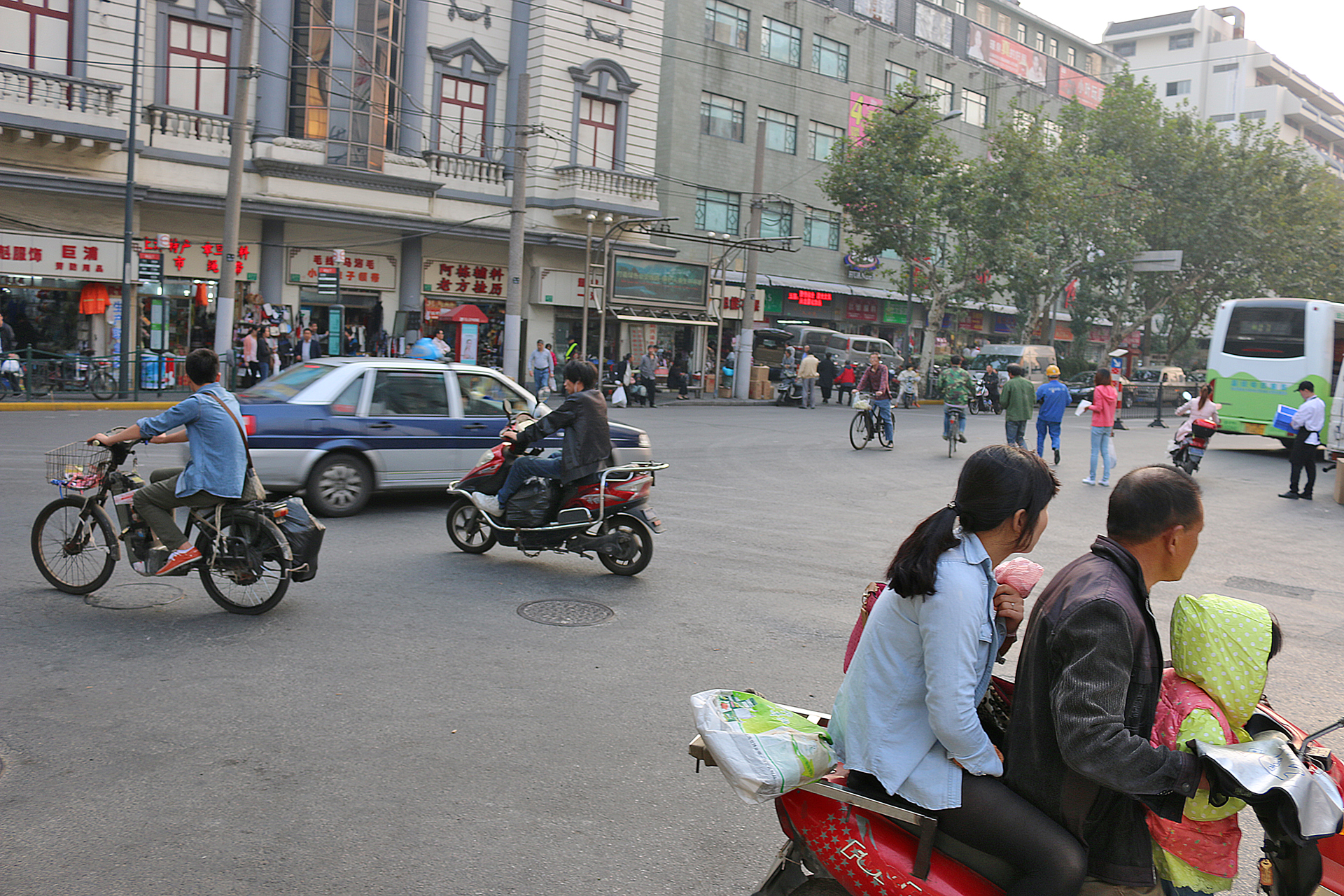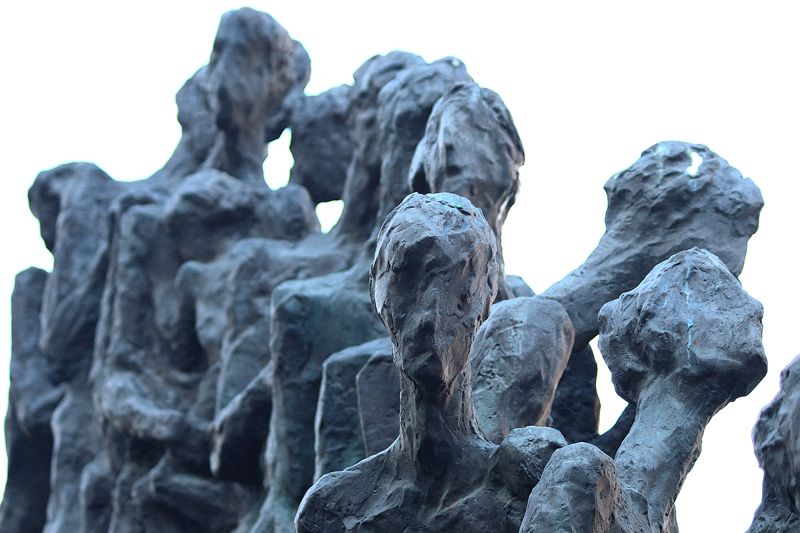Despite the supposed increase in recent years of what is commonly known by some people as “cancel culture” and what appears to be attempts by the media to sway opinions and beliefs in certain directions rather than report facts in a journalistic manner, two ideals which citizens of the United States might at times take for granted are still intact: the right to freedom of speech, as guaranteed by the First Amendment of the Constitution of the United States; and the ability to protest peacefully — both without fear of repercussions imposed by the government…
Restrictions on Free Speech and Internet Around the World 2021

…and in that vein, three different studies suggest the parts of the world in which censorship and the restrictions of free speech and freedom of the press are the worst in the world.
Countries in which a person who protests against government propaganda or expresses free speech would suffer serious consequences — such as arrest, imprisonment, financial penalties and fines, corporal punishment or expulsion — still exist.
According to this article from 2019 from the Committee to Protect Journalists, the ten most censored countries in the world — where expressing your opinion or speaking your mind can lead to disciplinary action, which can include detention or expulsion as two examples of punishment — are:
Click on the name of each country listed above for details as to their ranking on the list.
In addition to the above list are the countries of Venezuela and Uzbekistan, according to this article from ExpatFocus — and there are other countries around the world which were not included but can also be restrictive in terms of freedom of speech.
Internet Censorship 2021: A Global Map of Internet Restrictions

“Nearly 60 percent of the world’s population (4.66 billion people) uses the internet. It’s our source of instant information, entertainment, news, and social interactions”, according to this article — which includes maps, graphics, charts, and a plethora of data — that was written by Paul Bischoff for Comparitech. “But where in the world can citizens enjoy equal and open internet access – if anywhere?”
Comparitech — which is is a pro-consumer web site that provides information, tools, reviews, and comparisons to help its readers in the United States, United Kingdom, and the rest of the world improve their cyber security and privacy online — attempts to answer that question with a recent exploratory study in which its researchers conducted a comparison between countries to see which ones impose the harshest internet restrictions; and where citizens can enjoy the most online freedom. This includes restrictions or bans for torrenting, pornography, social media, and virtual private networks, restrictions or heavy censorship of political media, and the restriction of messaging/VoIP mobile software application programs.
Each country was scored on six criteria — each of which is worth two points, aside from messaging/VoIP mobile software application programs, which is worth one. The country receives one point if the content — including torrents, pornography, news media, social media, virtual private networks, messaging/VoIP apps—is restricted but accessible, and two points if it is banned entirely. Higher scores mean more censorship.
The worst countries for censorship of the Internet include:
- North Korea
- China
- Iran
- Belarus
- Qatar
- Syria
- Thailand
- Turkmenistan
- United Arab Emirates
Moreover, countries which increased censorship in 2021 include Thailand, Guinea, and Greece.
The chart below lists the use of online censorship in 175 countries around the world.
Final Boarding Call
For many of us, the freedom to travel to many places around the world can be taken for granted. To some countries, that freedom is as simple as purchasing an airline ticket. To other countries, spending money on a visa — to enter or to exit the country — is needed…
…and then there are a handful of sovereign nations and territories where just being able to gain entry seems virtually impossible.
Even to the countries which may be quite easy to enter, knowing that restrictive laws and proactive censorship practices exist may be easy to forget. You can be arrested, jailed, experience corporal punishment, or earn an expulsion from certain countries if you speak against their governments; proselytize religion; or openly exhibit sexual preferences which may be against the law as only three of many examples — so consider this article an important reminder to know the laws of the countries which you plan on visiting so that you do not accidentally get into trouble. The official Internet web site of the State Department of the United States is an excellent place to start learning about what you need to know before traveling to other countries.
While I believe that the United States is one of the greatest countries in the world, I will be the first to say that it is certainly far from perfect — arguably, less so since I first wrote and posted this article pertaining to the reminder on the right to free speech and protest as demonstrated by Colin Kaepernick here at The Gate back on Monday, September 12, 2016 — but ironically, having the ability to protest the very country which permits protesting is a freedom which should be appreciated. It is an important reminder — as well as a valuable lesson to show the world — as to the power of that freedom and the reasons for it.
I personally would not be surprised if the current 2019 Novel Coronavirus pandemic has resulted in a substantial number of frequent travelers suddenly appreciating the days when traveling to many places around the world seemed to be significantly less restrictive — and I certainly would not be surprised if some people are demanding for more restrictive entry requirements into countries in the name of safety…
…and I take the rights to freedom of speech and protest seriously — so seriously, in fact, that the only comments which never see the light of day here at The Gate are pure “spam”. All other comments — especially the ones critical of me or my work — are approved and remain visible for all to see; and I intend to keep that policy in effect as long as possible.
All photographs ©2014 and ©2017 by Brian Cohen.

